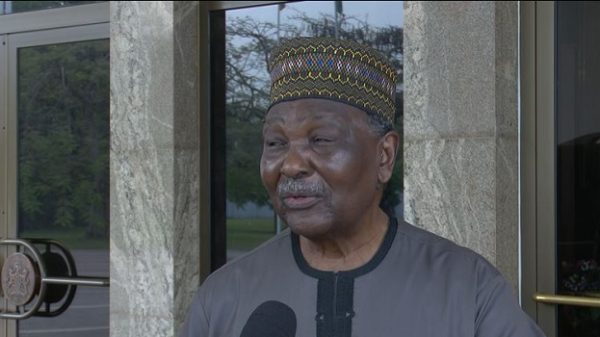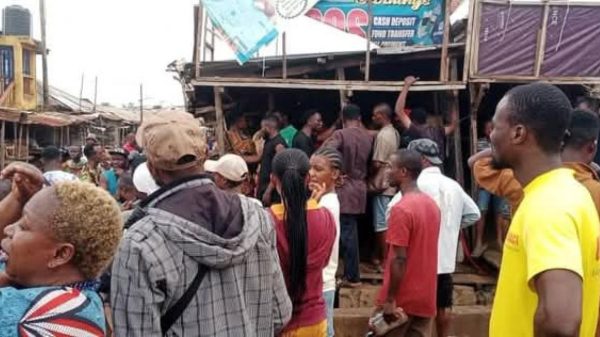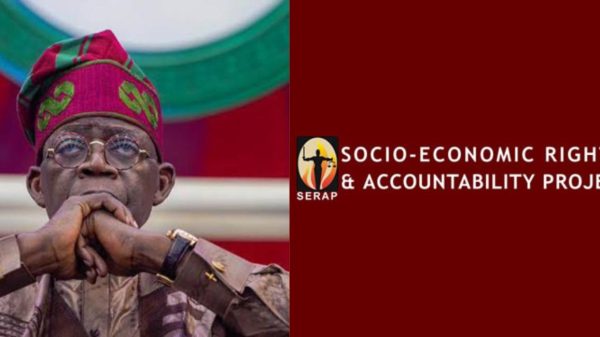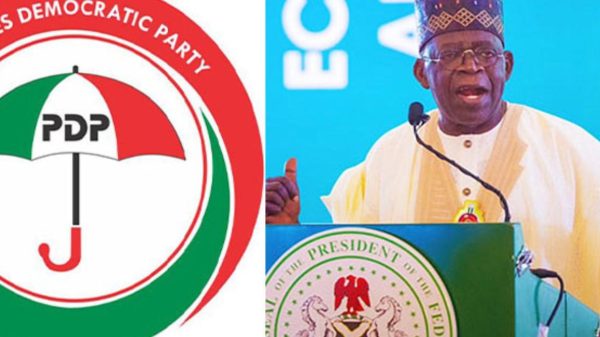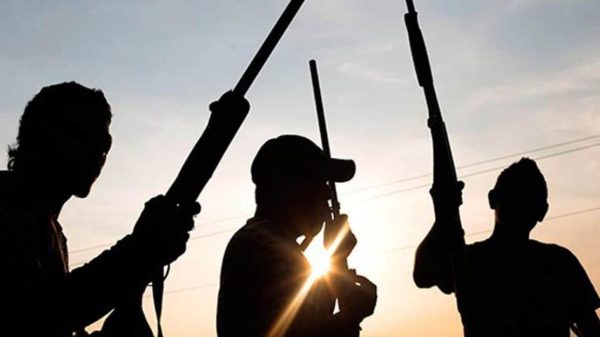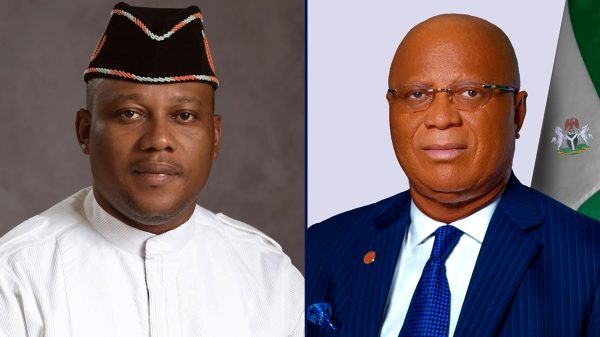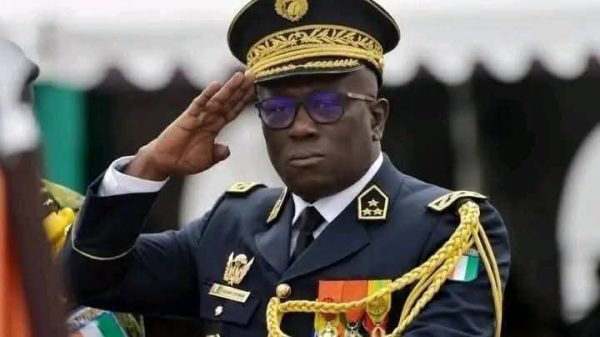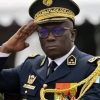Libreville, Gabon – As Gabon approaches its presidential election scheduled for April 12, 2025, the political landscape is undergoing significant transformations. This election marks the first since the August 2023 military coup that ended the 56-year rule of the Bongo dynasty.
In August 2023, then-President Ali Bongo Ondimba secured a third term with 64% of the votes in a contested election. The results led to a military coup on August 30, 2023, orchestrated by the Republican Guard under General Brice Clotaire Oligui Nguema, a cousin of Bongo. The coup resulted in the annulment of the election outcomes, dissolution of state institutions, and the establishment of a transitional government led by Nguema.
In November 2024, a constitutional referendum was held, receiving 91% approval from voters. The new constitution introduced several key changes, including an extension of the presidential term from five to seven years, renewable once. It abolished the position of Prime Minister, replacing it with a Vice President appointed by the President. It also mandated that presidential candidates have at least one Gabonese parent and a Gabonese spouse. These reforms are viewed as steps toward restoring civilian rule following the 2023 coup.
The transitional government has announced that the presidential election will take place on April 12, 2025. The National Commission for the Organization and Coordination of Elections and the Referendum reviewed 23 submitted candidacies and approved four for the upcoming election. The approved candidates are General Brice Clotaire Oligui Nguema, the incumbent transitional president who led the 2023 coup; Alain-Claude Bilie By Nze, former Prime Minister under Ali Bongo’s administration; Jean-Rémy Yama, a former trade union leader and university professor known for his opposition to the Bongo regime; and Stéphane Germain Iloko, a former leader within the Gabonese Democratic Party.
The international community is closely monitoring Gabon’s transition back to civilian rule. The African Union and other international bodies have expressed interest in the electoral process, emphasizing the importance of free and fair elections to ensure political stability in the region.
As Gabon approaches the April 12 presidential election, the nation stands at a pivotal juncture. The upcoming election presents an opportunity for Gabon to redefine its political trajectory and strengthen democratic governance. The approved candidates, representing a spectrum of political backgrounds, offer voters distinct choices for the country’s future leadership.
For more updates on Gabon’s political developments, stay tuned.



